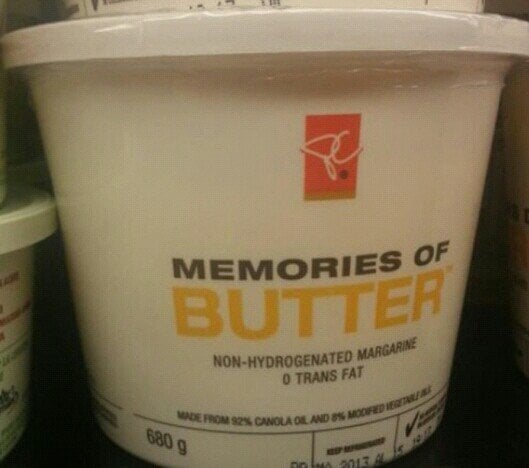My thought was "I doubt you can make fat only with hydrogen and carbon", but fats/lipids are literally hydrocarbons. Adding other elements changes the taste, so it isn't necessary to have mammals anywhere in the production chain.
Very interesting and probably not the first time this is/has been done. It seems quite obvious.


